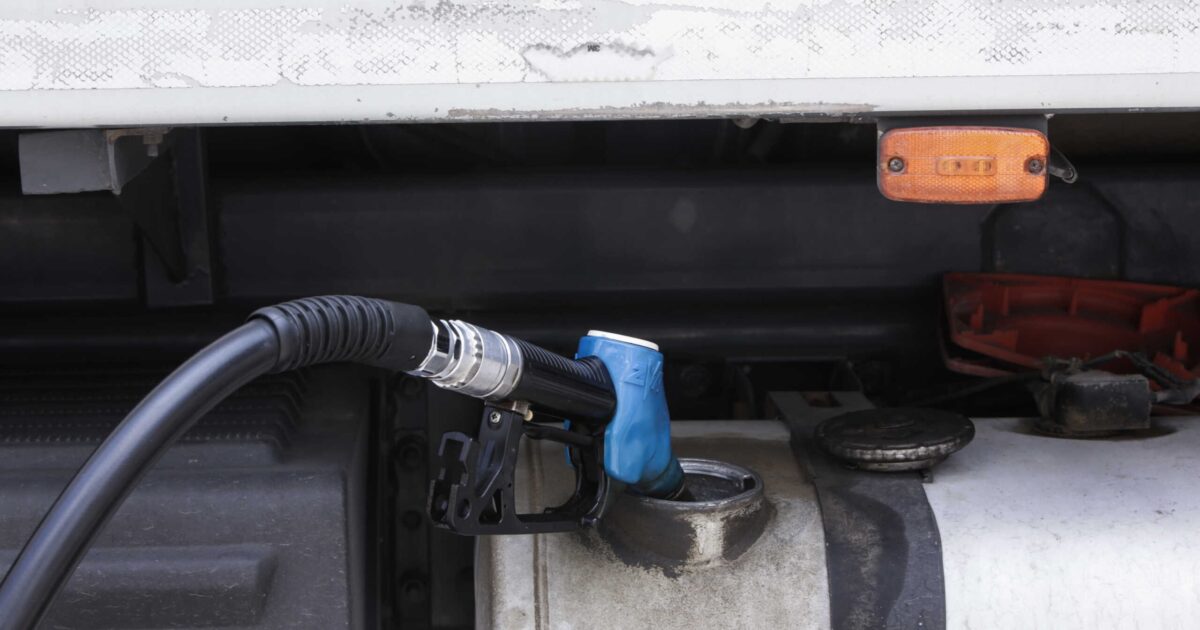Significant restructuring introduces a new bill in the way of taxing energy products through the excise duty (APO), seeking to enhance fiscal efficiency, reduce administrative costs and more effective monitoring of the fuel market.
The new framework incorporates the provisions of European law in terms of energy products on which IFK are imposed, which defines engine and heating fuel, including gasoline, oil, gas, gas and substitutes or renewable products. Tax liabilities are based on the production, possession, storage or import of these products within the country.
The factors are differentiated on the basis of:
- of the use (motion, heating, industrial),
- of product category,
- of energy efficiency and environmental impact (eg biofuels).
The bill regulates when and how the EFK becomes demanding, that is, when the product is considered to be “consumed”. This can happen:
- When leaving the suspension regime,
- When retention or use of the predicted terms,
- In cases of loss, leakage or destruction.
It is also provided for the exemption of the tax on fuel in “regular tanks” of vehicles and special containers (such as trucks or ships in international transport), provided that specific criteria are met.
Additionalspecific cases of tax refund are established, including:
- use by farm farms,
- Investigations and Gas Productions,
- use in aviation or navigation (under conditions),
- Industrial use with minimal energy burden.
Exemptions are foreseen and for products used by EU Member States Armed Forces, as well as international organizations, diplomatic missions and shipping/air activities not subject to GFC because of their nature.
The bill introduces for the first time an obligation to issue a operating license for floating means that have or consume energy products with exemptions or under a special status. This prediction enhances control in the area of marine transport.
Measures of due diligence and traceability
A relevant provision of the bill provides that all natural or legal persons moving energy products are required to apply “due diligence” measures to prevent tax evasion. This includes:
- the obligation to record all deliveries,
- the confirmation of the identity of commercial partners,
- the use of electronic input-outflow monitoring systems.
Especially for gas stations and warehouses, the connection to the AADE Information System is considered mandatory.
